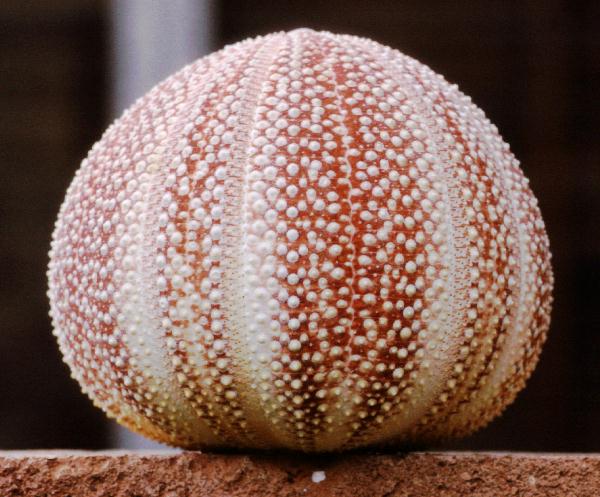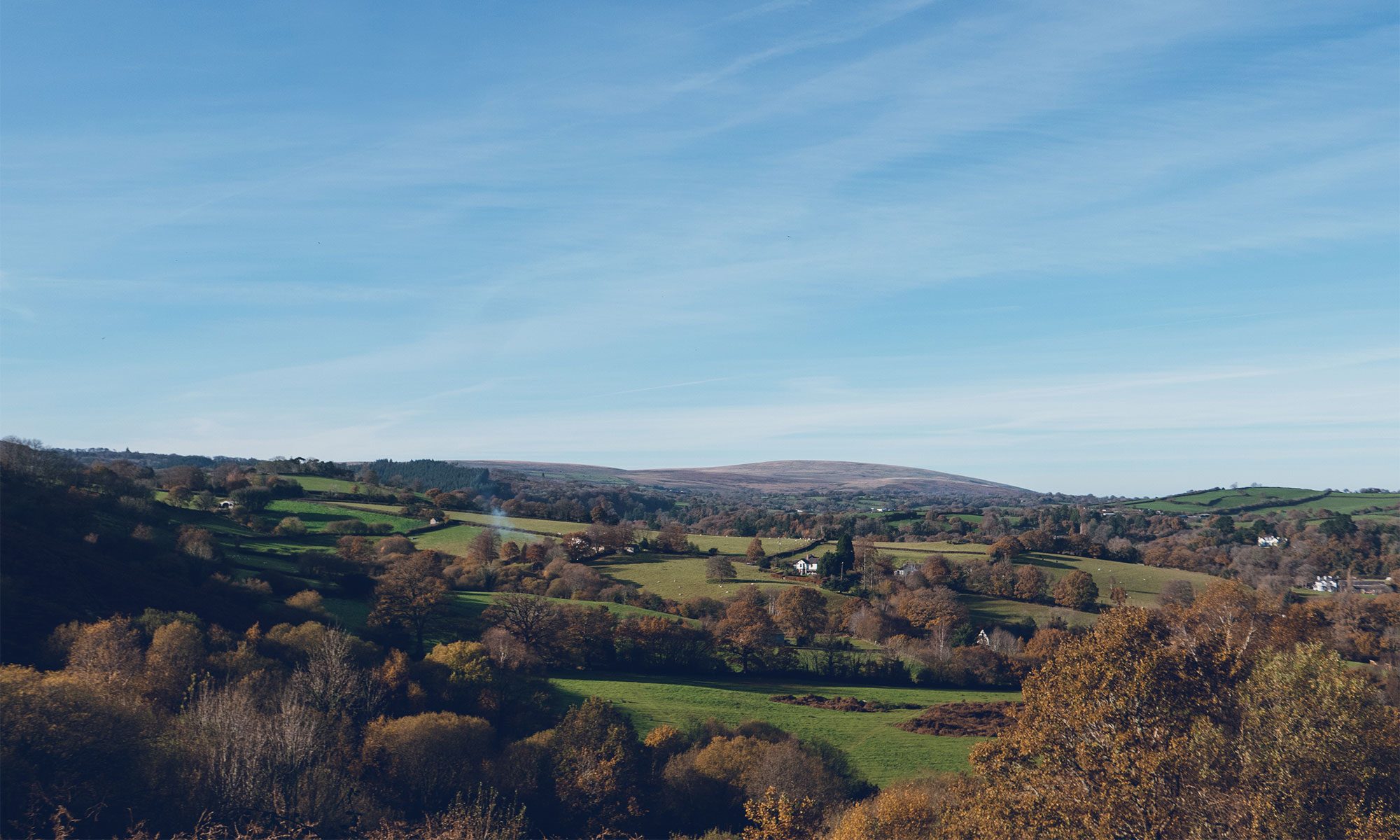Awe and Wonder

“It’s my deep sense of wonder that keeps me hopeful.”
Alice Walker
It was pelting down. Fat silver drops that fall straight down to bounce and splatter, soaking shoes and trouser bottoms. The water flowed fast, bubbling along the gutters, skimming the top of the kerb and gurgling down drains. Shoppers huddled in shop doorways waiting for it to ease or hunched and hurried to whatever could not wait for the cloudburst to pass. I made my way up the steps of Exeter’s Royal Albert Memorial Museum to escape the rain.
On the floor plan I pick up there’s an invitation “Find your way or lose yourself”. I stuff it in my pocket and let my feet take me up the stairs, past the statue of Prince Albert where, ready to lose myself, I take a random left turn.
Disoriented, I feel like I’ve stepped back in time. On shelves specimens in ground glass jars are suspended in alcohol, there are old-fashioned mahogany display cases with neat labels. For a split second I’m in the Hancock Museum in Newcastle sixty years ago. A rare treat, just me and Dad. Every time we went I’d stand spellbound for what seemed hours, gazing into the eyes of the stuffed American bison.
Back in the present, in this museum, I’d stumbled into biologist Walter Percy Sladen’s study, unchanged since it was installed in 1910. It’s the home of his echinoderm collection – marine animals that include sea urchins and starfish.
I wander over to the shelves, examining the jars. Inside float delicate curling arms covered with fine hair that I discover are tube feet. In the centre, cases display dried starfish, all sizes, collected from all over the world. From Teignmouth just down the road, to New Zealand. The labels record the depth of the finds and the kind of mud; blue mud, volcanic mud, coral mud and gravel and stone. I wander absorbed, struck by their fivefold radial symmetry, I remember learning as a child that starfish have an amazing power – they can regenerate their limbs. Surprised by how moved I feel here, surrounded by what are after all dead specimens, I realise what is stirred in me is a sense of wonder at a vast otherness that puts my own small place in the world into perspective.
I glance up and see there are words written around the cornice. Craning my neck and turning around in the centre of the room I struggle to read; with no spaces and no punctuation and it takes a while for the letters to make sense:
“Look on the frame of this wide universe and therein read the endless kinds of creature which by name thou canst not count much less their natures aim which are made with wondrous wise respect and with admirable beauty deckt.”
Back home, I remember the sea urchin shell that sits on the windowsill of my office. Taking it in my hands, I turn it, running fingertips over the bumps where spines were anchored, tracing the delicate peachy-pink lines and darker mahogany stripes, seeing for the first time the curved fivefold symmetry, like a closed tulip. Here, in a room I work in most days; wonder rises again. Awe doesn’t require travel to distant lands. It does need space and time and perhaps, a willingness to meet life with openness.
I often find myself writing about what I think of as ‘micro-practices.’ A colleague once dismissed this as ‘Narnia’ irrelevant, not real world ‘work’. That was 15 years ago, but the barb still sticks. Last week, Chris Nichols, in his post ‘Reaching for the Stars,’ mentioned the time the CEO of his business school declared he was ‘away with the fairies.’ I smiled when I read that, taking comfort in knowing I wasn’t alone. Smiles aside, I still carry a secret, lurking fear ridicule.
Nevertheless, I want to take a stand for these glimpses of another way of experiencing my place in the world. The world needs more awe not less. Specifically, the wonder that rises in response to the natural world, transforming the way we understand the world.
As COP26 moves into its final days, my thoughts turn to Sir David Attenborough’s opening address. His sense of wonder, his capacity to engage and marvel has touched millions, opening a crack where love for the natural world can enter. Awe matters because the more we lose our capacity to be awestruck, the easier it is to look down on the world with superior, self-centred over-confidence.
Wonder is an antidote for the self-absorption that creeps up when I become too busy, speedy, preoccupied or fixated on personal concerns. A few moments at the end of the day breathing cool air and looking at the stars, a cup of coffee on a bench where I can smell honeysuckle and listen to bees, or pausing to watch the birds on the feeder outside the kitchen window – these presences work together to soften and melt a tendency to see myself as the centre of my own universe.
The lines in Sladen’s study are from ‘An Hymn of Heavenly Beauty by Edmund Spenser.

